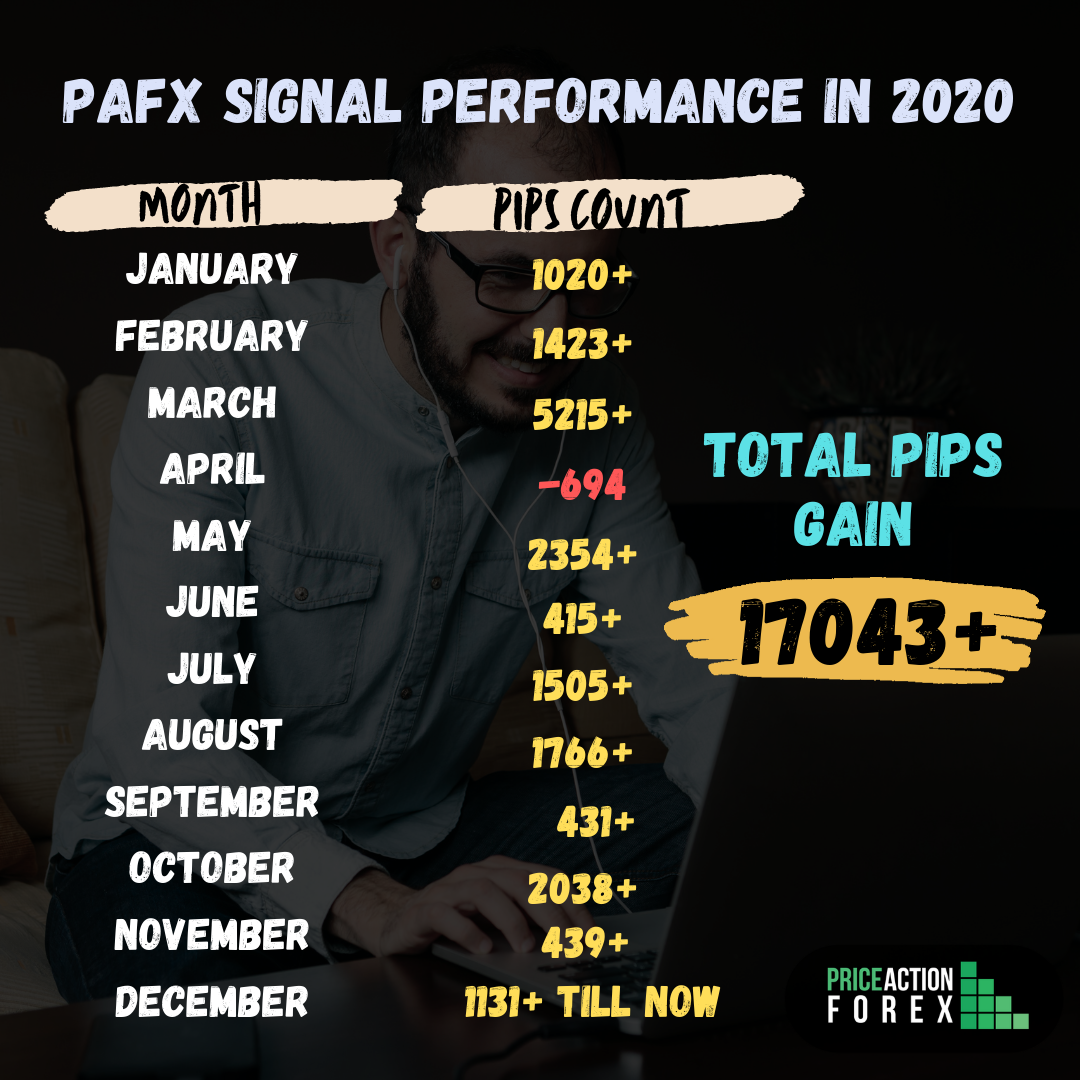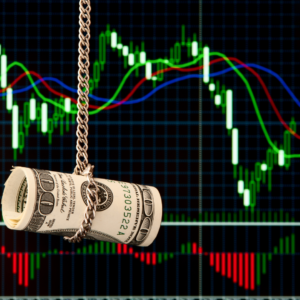The 2020 Year in Review- HOW PRICEACTION PERFORMED IN 2020

SEPTEMBER:
- US equity markets closed higher on the day and on the quarter; DJIA +1.2% (+7.6% Q3), S&P 500 +0.8% (+8.5% Q3), Nasdaq +0.7% (+11.0% Q3), and Russell 2000 0.2% (+4.6% Q3).
- Canada’s real GDP by industry output advanced 3.0% month on month (m/m) in July, matching the flash estimate from last month as output climbed in all 20 major industries. (IHS Markit Economist Arlene Kish)
- European equity markets closed lower; France -0.6%, Germany/UK -0.5%, Italy -0.2%, and Spain flat.
- Germany’s retail sales surprised positively in August as the VAT cut enacted on 1 July apparently had a lagged boosting effect. Shopping-day-adjusted year-on-year (y/y) rates reached 8.8% in nominal terms and 7.2% in real terms, well above long-term averages of 1.3% and 0.6%, respectively. (IHS Markit Economist Timo Klein)
- APAC equity markets closed mixed; Australia -2.3%, Japan -1.5%, Mainland China -0.2%, India +0.3%, Hong Kong +0.8%, and South Korea +0.9%.
OCTOBER:

- Global equities declined in October. The US presidential election and rising Covid-19 cases in many countries, notably across Europe, were the main focus for investors. Corporate bonds outperformed government bonds.
- US shares fell amid rising Covid-19 cases, uncertainty over the presidential election, and lack of progress on further fiscal stimulus.
- Eurozone shares declined, underperforming other regions, as Covid-19 infections rose sharply and a number of countries reintroduced national lockdown measures.
- UK equities fell amid renewed fears around a pick-up in Covid-19 cases. At the very end of the month, the UK government abandoned a tiered system in favor of uniform restrictions across England.
- Japanese shares declined, largely due to the renewed uncertainty affecting other global regions. Japan’s success in containing the virus saw it announce measures to encourage consumer spending in restaurants.
- Emerging market equities gained due to expectations of additional fiscal stimulus in the US. The prospect of more stable trade relations with the US under a potential Biden presidency also proved beneficial.
- In fixed income, the US 10-year yield rose (meaning prices fell) which seemed to reflect rising hopes of economic stimulus. However, European yields fell (i.e. prices rose) as Covid-19 cases increased and lockdowns returned.
- Commodities registered a negative return. The energy was the weakest component with crude oil falling sharply on concerns over weaker demand related to the coronavirus.
NOVEMBER:

- Global equities rallied strongly in November, mainly due to several vaccines proving effective against Covid-19. The improved risk appetite saw corporate bonds outperform government bonds.
- US equities surged as vaccine breakthroughs sparked investor optimism that a return to economic normality is insight. Joe Biden won the presidential election.
- In the eurozone, expectations of global recovery supported shares, with the region a particular beneficiary given its high exposure to global trade.
- UK equities performed well, helping them to recoup some of their year-to-date underperformance versus other regions. The sentiment was also helped by hopes that a “no-deal” Brexit might be avoided.
- The MSCI Asia ex-Japan index recorded its highest return in more than four years. US dollar weakness amplified returns.
- Japan’s equity market rallied, driven by vaccine-related news and the slow-motion results from the US presidential election.
- Emerging market equities registered a robust return. Value outperformed growth, while Latin America and emerging Europe outperformed emerging Asia.
- Government bond yields were volatile during the month, with large swings around the US election and vaccines news. Corporate and emerging markets bonds performed well.
- Commodities delivered a positive return, aided in part by a weaker US dollar. The energy was the best-performing component.
DECEMBER:

- Agreement on a post-Brexit trade deal was prone to be declared inside the space of days, following nine months of convoluted dealings.
- Ambassadors speaking to the EU part states are now going through a portion of the 2,000 pages of legal content that have been settled upon.
- Given the numerous unpredictable bends in the road in the Brexit exchanges, the chance of a very late hitch remains, however, the last call is hoped to be planned for the evening of 24th
- BOC said reiterates that rates will not go up until economic slack is absorbed, this will not happen until 2023
- Monetary policy decisions:
-the marginal lending facility and the deposit facility will remain unchanged
– increase the envelope of the pandemic emergency purchase program (PEPP) by €500 billion to a total of €1,850 billion
-Third, the Governing Council decided to further recalibrate the conditions of the third series of targeted longer-term refinancing operations (TLTRO III)
-the Governing Council decided to extend to June 2022 the duration of the set of collateral easing measures adopted by the Governing Council on 7 and 22 April 2020.
-Fifth, the Governing Council also decided to offer four additional pandemic emergency longer-term refinancing operations (PELTROs) in 2021,
-Sixth, net purchases under the asset purchase program (APP) will continue at a monthly pace of €20 billion.
-Seventh, the Eurosystem repo facility for central banks (EUREP) and all temporary swap and repo lines with non-euro area central banks will be extended until March 2022.
-Finally, the Governing Council decided to continue conducting its regular lending operations as fixed rate tender procedures with full allotment at the prevailing conditions for as long as necessary.
- ECB’s Lagarde: Economy Seen Shrinking In Q4
- Services Activity Severely Curbed
- Inflation Remains Very Low
- Incoming Data Suggest More Pronounced Near Term Impact Of Pandemic
- OIL FUTURES EXTEND GAINS, BRENT HITS $50 A BARREL FOR FIRST TIME SINCE MARCH
- Germany’s Altmaier: Covid-19 Lockdown Will Be Extended
- FDA approves Pfizer’s Covid vaccine for emergency use as the U.S. reaches a pivotal moment in the pandemic
- German economy shows ongoing resilience in December
- U.S. retail sales decreased more than expected in November
HOW PRICEACTION PERFORMED IN 2020

In this unpredictable market, PriceAction team was always ready to outperform. Upon receiving feedback, PriceAction team has improved and tried to emerge as a client-oriented trading service provider. This year, we’ve launched different services and provided many useful resources. Here are some recap:
New Service:
- Indices, Commodities & Crypto Signal Service
- Forex Scalping Signal Service
- PAFX Trade Copier
- PAFX Trade Manager
- PAFX Secret Indicator
- eBook: Learn With PAFX
New Features in Channels:
- Signal Breakdown Chart & Video
- Trade Recap
- Advanced Risk Management Advice
- Combo offer for more cost-efficiency
- Important News
These impactful steps have helped many traders in our community to trade more efficiently and earn more!














